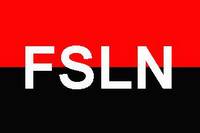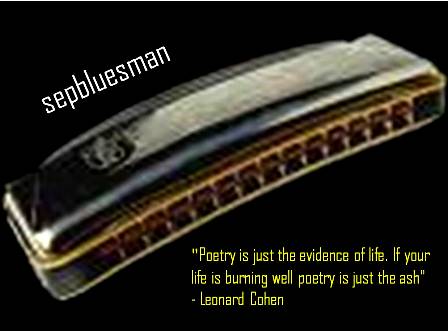
Frente Sandinista de Liberacio'n Nacional

I had dinner last night with a Sandinista. His name is Alejandro Bendeña and he was the former Ambassador of Nicaragua (under the Sandinistas) to the United Nations. He spoke a couple of days ago at the University of the Philippines in a forum organized by Focus on the Global South (where Alejandro now sits as a member of the Board), the Institute for Popular Democracy and the Third World Studies Center. Alejandro spoke at UP about the Revolution and about power. Last nite over dinner however, our conversation drifted to more interesting subject matters -music and beer. I asked Alejandro what the staple drink of the Sandinista revolution was. “Ahh, that was something that was never in short supply.” Pointing to my bottle of San Mig light, he exclaimed “beer and rhum.” Music was never in short supply neither. "You can't have a revolution without songs" was the slogan written on a banner at Salvador Allende’s inauguration. The “nueva cancion” (New Song)- the movement of progressive, political songwriters and musicians the likes of Victor Jara-was still very much alive then and was instrumental in keeping the revolutionary spirit throughout Latin America burning.
As I was chatting with Alejandro, the song Nicaragua by Canadian songwriter Bruce Cockburn kept ringing in my ear. So I asked Alejandro if he’d ever heard that song. “it’s a sad song to listen to now” he said. Pointing out a particular line in the refrain that goes “In the flash of this moment, you’re the best of what we are” he went on to say “thinking about it now, am not sure if indeed we represented the best of what we are. But it’s a great song, a classic.”
Alejandro and Bruce Cockburn's paths crossed when the songwriter visited Managua in the early 80’s. I have been a fan of Cockburn eversince a friend of mine from Canada gave me a copy of Stealing Fire (where Nicaragua is included). Speaking in 1994, Cockburn said “To me, politics is an external expression of something that people carry round in their hearts. The songs I wrote in the Eighties touched on issues because they had touched me personally, not because I had an axe to grind or an ideology. The songs in support of the aspirations of the Nicaraguan people, for example, were written because I was there and the situation touched me emotionally in a very personal way. There's no great difference between the mechanics for songs like that and for love songs."
Cockburn continues to write and perform personal and political songs to this day. And he and Alejandro in many ways continue to be true revolutionaries.
“Vive en la lucha por la paz”


No comments:
Post a Comment